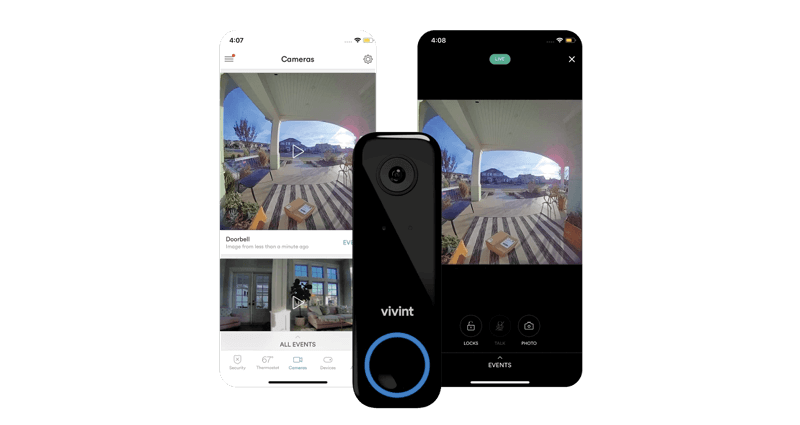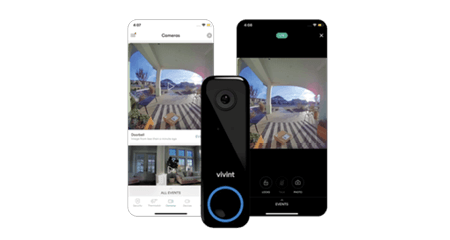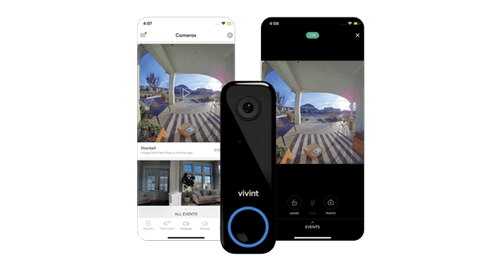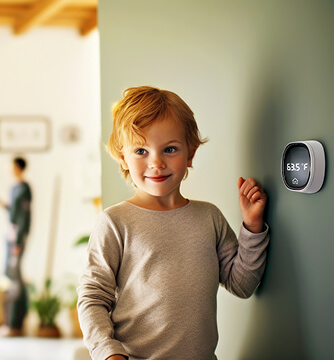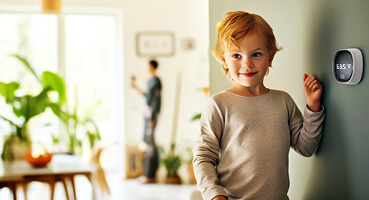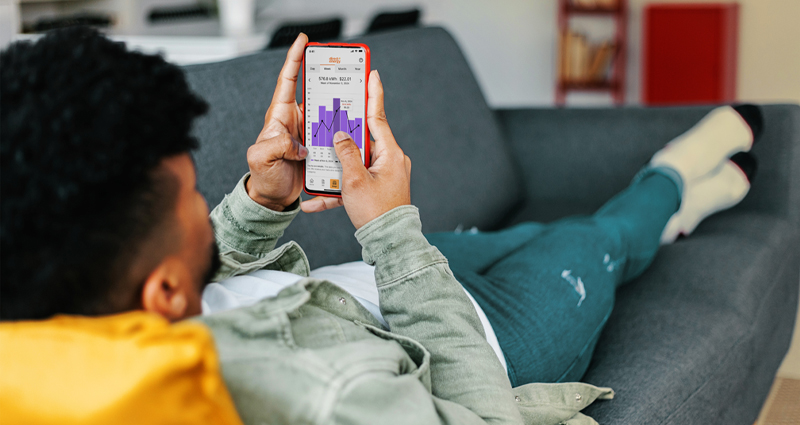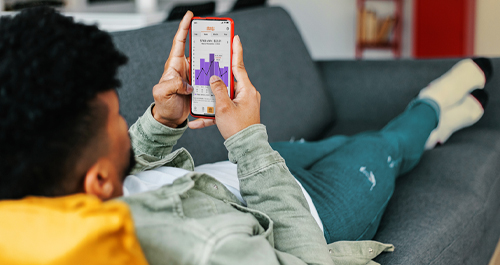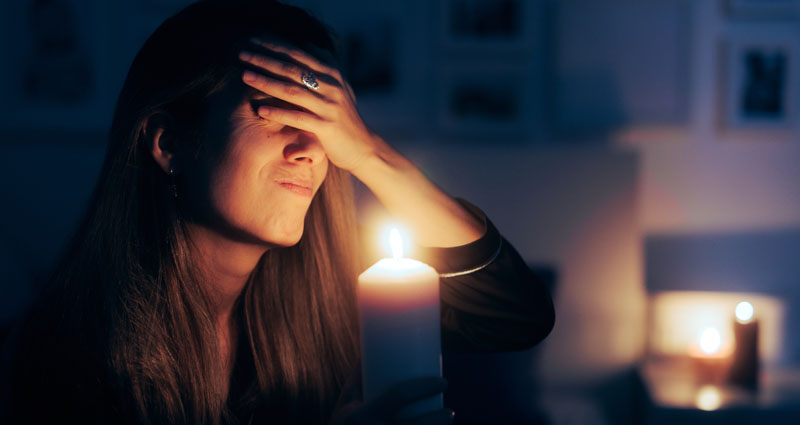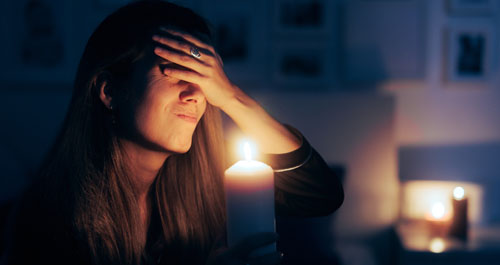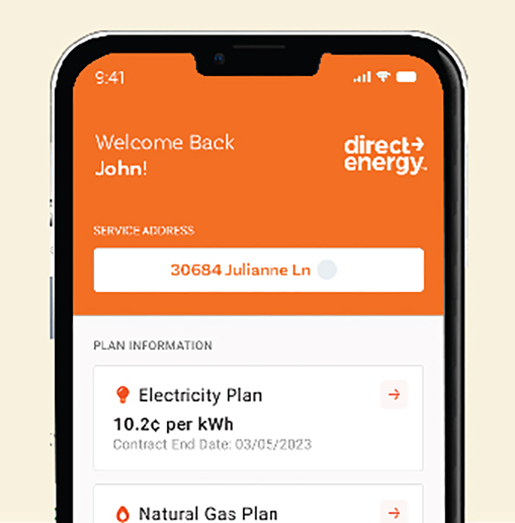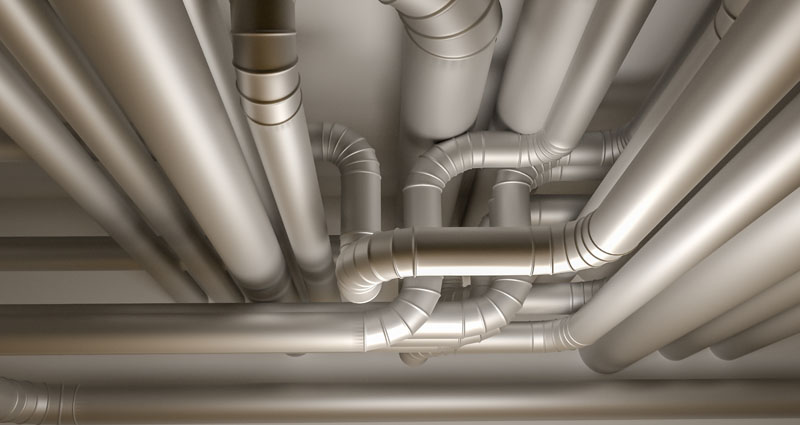How to be prepared for a power outage
Before you encounter another power outage, make sure you are ready to handle the challenges that come with a loss of electricity:
- Yes, of course, you have a flashlight. But do you know where it is? Could you find it in the dark? Do you have extra batteries? Or a rechargeable (and fully charged) flashlight?
- The dark can be scary for young children. Prepare them by playing a "lights-out" game to find the flashlight.
- Keep candles and matches on hand. Remember, candles may be romantic, but they can be potentially dangerous. Have solid, stable holders for them, and be especially careful if children or pets around. Have a fire extinguisher nearby and know how to use it.
Assemble a kit in advance
An emergency power outage kit will go a long way toward providing you with the tools you need during a power outage:
- This is an excellent place to store a spare flashlight or two, so you always know where to find them.
- Get a battery-operated radio, preferably one with alternative energy sources such as a solar panel, hand-crank generator, or both.
- Stock plenty of batteries for these and all battery-operated devices you plan to use during a power outage.
- Gather bottled drinking water and non-perishable, ready-to-eat food to last a few days.
- For cold weather outages, make sure you have blankets, hand warmers and warm clothes.
Investigate why the power went out
If the lights go off and no rolling blackouts were planned, the first thing to do is determine whether it is a power outage or a problem with your breaker. Reach for your flashlight and check your main electric panel. If you tripped a breaker, one or more switches may be turned off. Simply turn it back on, and power should be restored.
If it is not a fuse or breaker, check whether that power is out only in your home or your neighbors are affected, too. Power can be lost in a very localized area. For instance, houses that are served by the same pole-mounted power transformer will be dark, while houses next door are fully lit.
If it is an outage, call your utility company and report it. Sometimes, it can be hard to get through because other customers are also reporting interruptions. Please be patient. They likely already know about the problem and are working to fix it.
Stay in communication during an outage
Cordless or extension phones requiring connection to an electric outlet will not work during power outages. Models that only need to be plugged into the phone jack will work. Cell phones will be a lifeline as long as their batteries don't run down and the antennas don't get damaged in the storm.
A battery radio lets you keep up with the news from the outside world. Make sure you have extra batteries. You could also use your car radio in an emergency, but remember the dangers of running a vehicle in an enclosed garage.
Turn off your appliances
There are several good reasons to turn off any appliances you were using when the power went out:
- When power returns, there will be a surge of electrical energy that could damage sensitive equipment like computers, laptops, or televisions.
- It is easy to forget that you had a stove burner or an iron on during an outage. You can have a serious safety hazard if you're away from home when electric service is restored.
- Restarting appliances can use almost double the amount of electricity that they use when running normally. Think of the way lights dim briefly when the A/C fan comes on. Then imagine the power demands placed on the electric system when every customer needs more power than usual - all at the same time. When the main switches are re-energized, this demand can cause breakers to trip. It helps if you only have some of your appliances waiting to draw power the instant it is restored.
There are 2 options for turning off your appliances, both with advantages and disadvantages:
- The first option is to unplug devices one by one, leaving one light on to let you know the electricity has been restored. However, it is easy to miss an appliance, and awkward to get around in the dark.
- The second option is to turn off your main circuit breaker. This ensures that you will not overlook anything. It does mean you will have to keep an eye on streetlights outside to let you know that power has been restored.
Stay as comfortable as possible
If the outage is likely to be prolonged, prepare to stay comfortable:
- Drink plenty of water to avoid dehydration.
- Keep an eye on your family members and call 9-1-1 in case of a medical emergency.
- Migrate your family to a room that can retain a comfortable temperature. Consider spending time out of your home if possible.
- Dress in weather-appropriate clothing.
Keep your family members safe
Indoor temperatures can soar during prolonged summertime power outages. This can be uncomfortable for anyone, but it can be dangerous for infants, toddlers, older people, and those with certain medical conditions. Families with at-risk members should know of multiple climate-controlled safe spaces where they can wait for power restoration. While it may be tempting, do not create a fire hazard by running extension cords to a neighbor's home who still has power, whether for air conditioning or other electric needs.
Practice generator safety
A standby generator can be useful during a power outage if you have the correct one for your home and if it is safely connected. If you choose to use a backup generator for your home, call a licensed electrician to help you properly connect it. Never operate a generator inside your home, garage or basement. If you choose a portable generator, don't connect it to your home electrical system but instead, connect it directly to the devices and appliances you want to power or charge.

